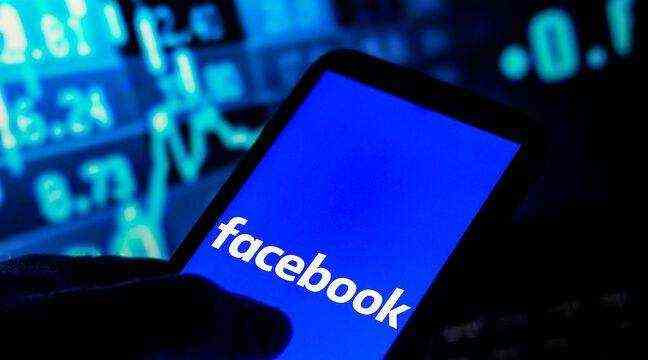“Ridiculous”. Facebook denounced Sunday accusations that the platform could have contributed to the events leading to the violent assault on the Capitol on January 6, ahead of an interview with a whistleblower who should address this topic.
Group vice president Nick Clegg, in an interview on CNN, also denied that social media can be “toxic” for teenagers, unlike recently leaked internal studies.
A whistleblower would question Facebook
Responsibility for “the insurgency” on the seat of Congress “lies with the people who inflicted the violence and those who encouraged them, including President (Donald) Trump”, insisted Nick Clegg.
He was speaking hours before the broadcast of an interview with a whistleblower on CBS’s “60 Minutes” program, which the New York Times said should accuse Facebook of loosening the safeguards too soon. for the 2020 US presidential election, and allowed an escalation until the January 6 attack.
Also according to the New York daily, Nick Clegg also circulated an internal memo on Friday in an attempt to defuse the controversy by condemning “misleading” allegations. The vice-president of the platform redoubled his efforts on Sunday and judged “too easy to seek a technological explanation for the political polarization in the United States”.
He admitted, however, that Facebook should try to “understand how (it) contributes to negative and extreme content, hate speech and disinformation.”
In the tournament
The social media giant has been in turmoil since the publication in September of a series of Wall Street Journal (WSJ) surveys on the basis of documents provided by this whistleblower whose identity n has yet to be revealed.
The financial daily revealed that studies conducted by Facebook on the effects of social networks had, among other things, revealed a negative impact on adolescents. According to studies cited by the newspaper, 32% of teenage girls believe that using Instagram gave them a more negative body image when they were already unhappy with it.
“Our research or anyone else’s just doesn’t support that Instagram is bad or toxic for all teens,” Nick Clegg replied Sunday. “I don’t find it surprising, intuitively, that if you don’t already feel good about yourself, going on social media can make you feel a little less good,” he added.
Under pressure, the Californian company announced that it was suspending the development of a version of Instagram for children under 13. But an official of the group, questioned Thursday in the US Congress, refused to commit that such a version would never see the light of day.

